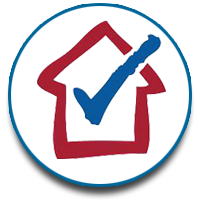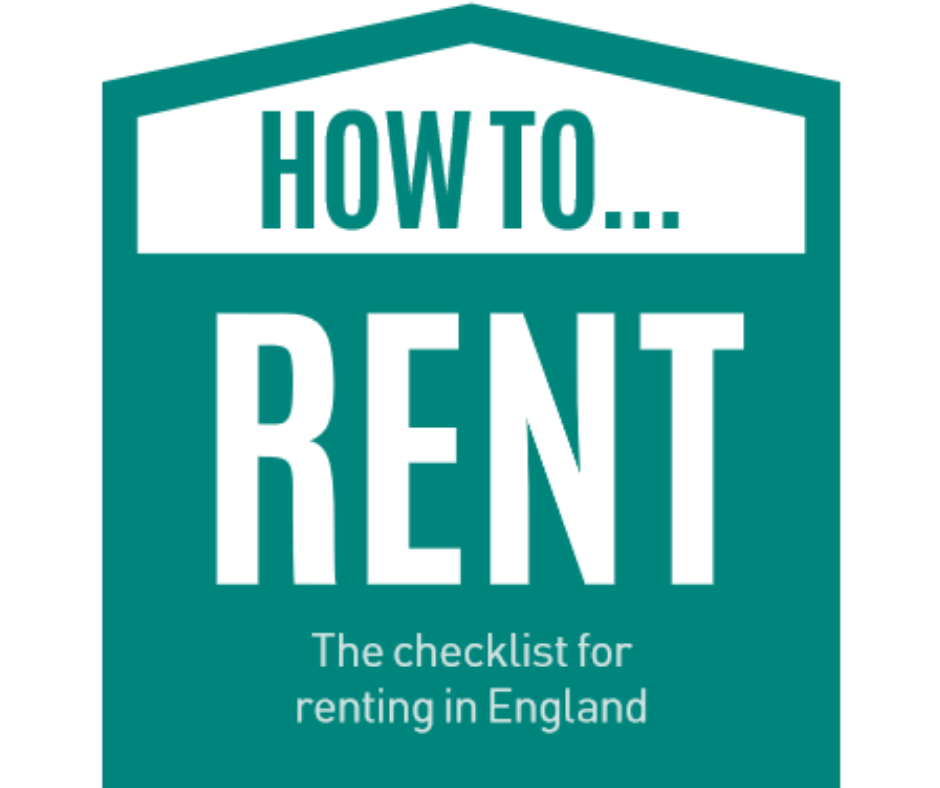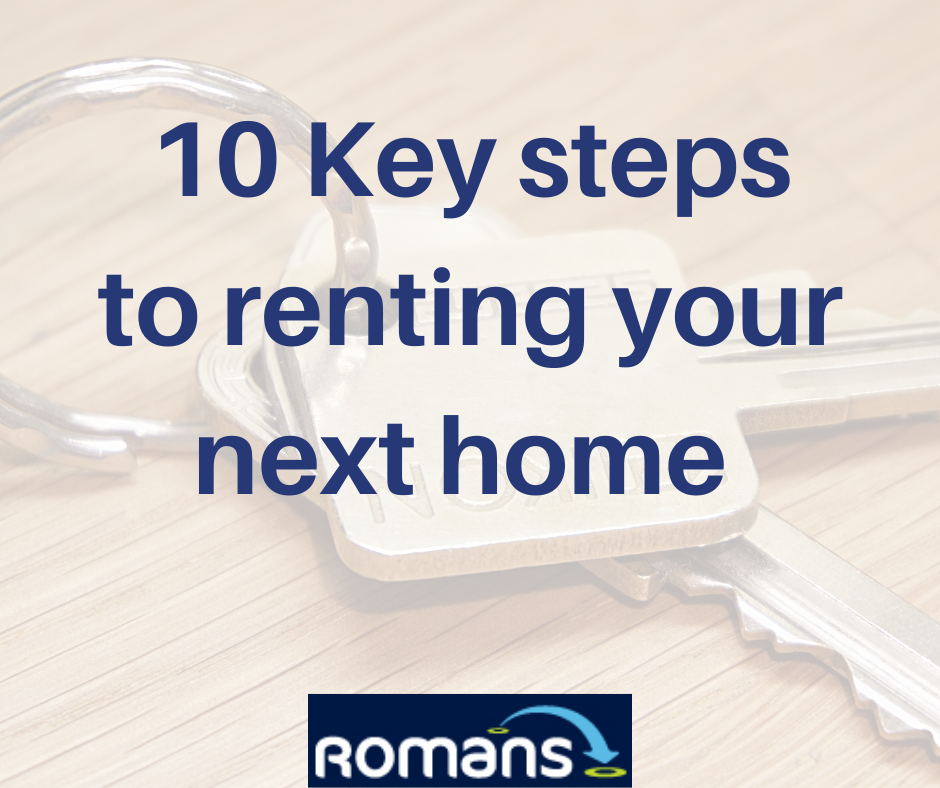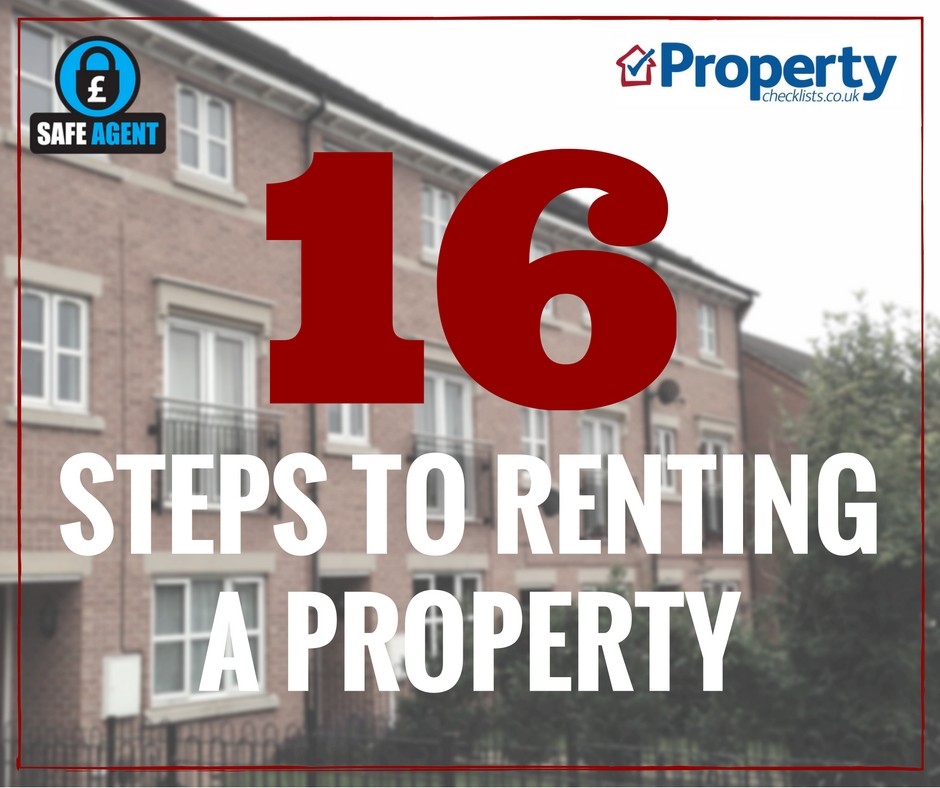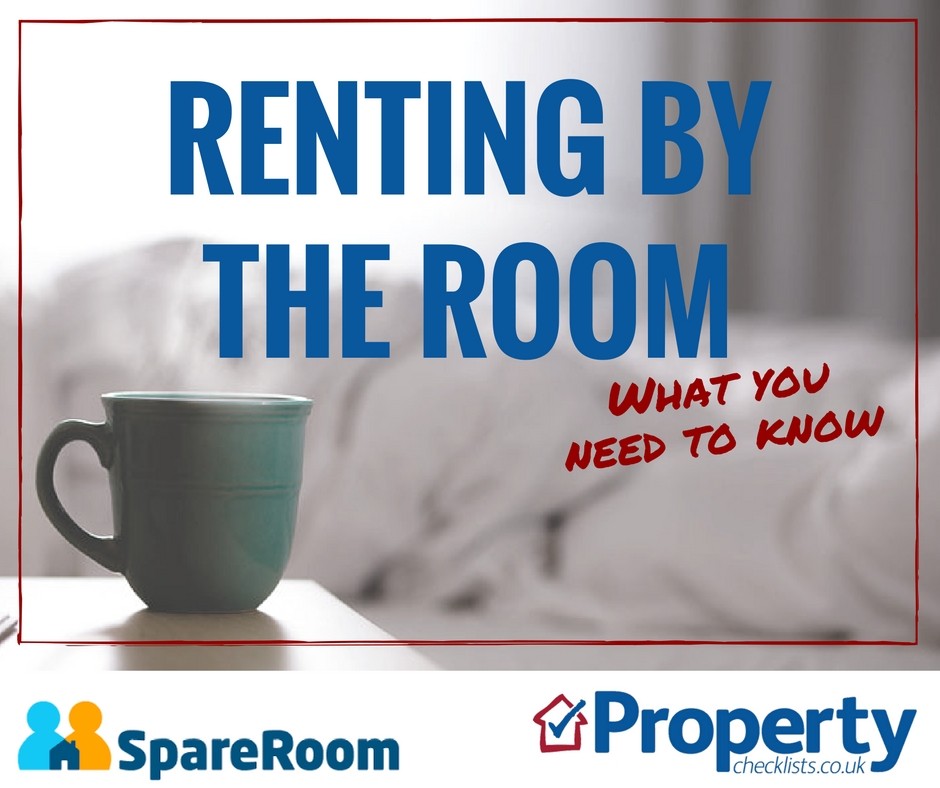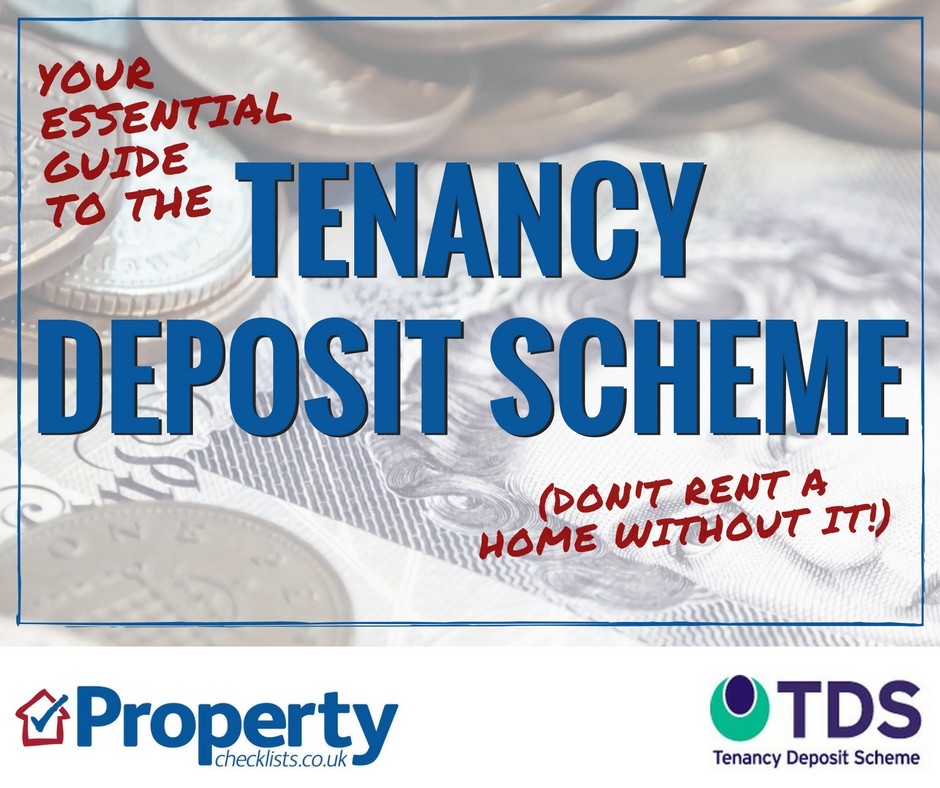publication date: Apr 22, 2020
|
author/source: Kate Faulkner, Property Expert and Author of Which? Property Books
Before renting, you should be confident that you can afford all the costs. It is important to calculate how much you are able to afford to pay in rent, on top of utility bills to make sure you can live properly:
Please note, in 2019 tenant fees and renewals should not be charged by agents or landlords although there are some exceptions.
Example costs:
Renting five week deposit (maximum) for an average £750 per month rent: £865
Council tax: £120
Utility bills: £125
Phone/TV package: £50
Contents insurance: £10
Deposits
|
- Rental deposits are capped at five weeks of the rental payments, so if your rent is £750 per month, your deposit will be £750 x 12 = £9,000 / 52 x 5 = £865
- Make sure you don't hand over your deposit until you have it in writing which Tenancy Deposit Protection Scheme your landlord/letting agent works with.
- You can find other letting agents offering no deposit options via companies such as Zero Deposit Scheme, which takes a payment equivalent to one week's rent, plus a £26 annual admin fee.
|
What can you do if your deposit is not returned at the end of a tenancy?
|
- If you have been renting a property on an Assured Shorthold Tenancy (AST), by law your landlord or letting agent should have:
Protected your deposit in a Government approved deposit scheme
Provided you with details of the scheme at the start of your tenancy
- If you cannot reach an agreement with your landlord regarding how much, if any, of the deposit should be returned, you may use the free dispute resolution service offered by the relevant deposit scheme. Both parties must agree to using the scheme:
The dispute must be raised within three months of moving out of the property.
The deposit scheme's resolution service should guide you through the process, which is handled online. The decision is final.
If your tenancy was an AST and your landlord or letting agent has failed to protect your deposit in a Government approved scheme, you should be able to get your money back - and could even be
entitled to compensation of up to three times the value of the deposit.
|
What if this doesn't happen?
|
- If not, it must be resolved privately or be taken to court, which can be more costly and time consuming. If the situation is complex, the adjudicator may decide that court is necessary after all.
|
Should you rent through a landlord or agent? Here are some tips and pros and cons. Through a landlord:
- Potential risk as deposit might not be protected (make sure it is!) and the appropriate health and safety checks may not have been carried out, both on the landlord and the property.
- Make sure the landlord is accredited/member of a landlord association run by the local authority, or an organisation such as the National Residential Landlords Association.
- Professional landlords - these are landlords who let as a living or to boost their personal income. They may let to you directly or via a letting agent.
- Accidental landlords - landlords who didn't necessarily plan to let but have been forced to due to personal circumstances ie unable to sell/family bereavement. Concerns are that these landlords may not understand the rules and regulations fully.
- Social landlords such as councils and housing associations.
- How to avoid a rogue landlord
Through an agent:
- Only rent through an agent who is a member of ARLA Propertymark, RICS or UKALA
- From 1st April 2019, all agents have to - by law - have Client Money Protection. However, many still haven't secured it, so don't rent from an agent that doesn't protect your rent.
- Accredited agents will make legal and safety checks on a property before it is rented and protect deposits.
Legally, landlord and letting agents are required to carry out Right to Rent checks, to ensure you are allowed to rent in the UK.
Here are the key questions to ask yourself/checks to make on the property:
|
- Where do you want to rent - can you get home safely at night time as well as during the day?
- Do you need a property to yourself or would you mind renting a room instead?
- How many rooms do you need? Don't necessarily allow for visitors - you can have a sofa bed or send them to a local B&B!
- Don't pay for things you don't need, like luxurious bathrooms and kitchens, unless that's what you really want.
- How long do you want to rent for? If it's two years, make sure the property will be available for that length of time.
- Make sure the property has the required gas and electrical safety certificates and a history of checks made previously.
- Ensure that items such as boilers, gas or electrical fires, dishwashers or cookers are tested every year by a qualified professional.
- Any furniture has passed current Fire Safety Regulations.
- The property must be fitted with working smoke alarms, preferably connected to the mains.
- Check how quickly repairs for example, to appliances will be made.
|
Assured Shorthold Tenancy:
|
- Specifies an initial fixed term, eg six months
- After initial fixed term, the tenancy automatically runs on (and becomes 'periodical') unless tenant or landlord takes steps to end it.
- Your deposit must be protected in a Government approved scheme
- All over 18s living in the property should be listed on the AST and sign it
- If the landlord wants to take back possession, they must issue a Section 21 notice, but if you breach the terms of the agreement, the landlord can issue a Section 8 notice
|
Excluded Tenancy Agreement:
|
- Very similar to a standard Assured Shorthold Tenancy
- Main difference is that the landlord is permitted to enter the communal parts of the property at any time without giving notice
|
Room only AST:
|
- Used if a tenant is lodging in a landlord's home and sharing rooms with the landlord
- Less protection from eviction than other types of rental agreements
- No deposit protection required
- You can be evicted without going to court, with proper notice
|
What is an HMO?:
|
- This is short for 'Home in Multiple Occupation'
- Three or more unrelated people live there, as at least two separate households - for example, three single people with their own rooms or two couples each sharing a room
- The people living there share basic amenities - for example, a kitchen and/or a bathroom
- If you rent in an HMO, there are additional health and safety requirements
- Does the HMO need a license? check with your local authority as different ones have different definitions for properties that need a license. It might cover an area/postcode or be three or more sharers.
|
- Professional landlords - these are landlords who let as a living or to boost their personal income. They may let to you directly or via a letting agent.
- Accidental landlords - landlords who didn't necessarily plan to let but have been forced to due to personal circumstances ie unable to sell/family bereavement. Concerns are that these landlords may not understand rules and regulations fully.
- Social landlords - such as councils and housing associations.
- How to avoid a rogue landlord
- Housing benefit
- Universal credit which is replacing housing benefit
- Low income renters may be able to get a council tax reduction
|
I'm a renter and struggling to pay my landlord/agent, where can I get help?
|
- Your local council
- Citizens Advice
- Crisis
|
- Test smoke alarms regularly, replacing batteries as necessary
- Adhere to reasonable security requests, such as locking windows and doors properly
- Keep hallways, escape routes (usually doorways) and communal areas free of obstructions in case there is a fire
- Pay for any damage beyond general wear and tear
- Carry out minor maintenance to keep appliances and the property in good condition, eg changing light bulbs
- Find out what you are expected to do in an emergency, for example, if the central heating breaks down in cold weather or if a leak causes flooding
- If the landlord provides a specific emergency number and you call in somebody else, you may be liable for the costs
- Make sure the property is properly heated and ventilated to help prevent condensation
- maintain the garden, as detailed in the tenancy agreement
- Keep the property clean and habitable
- Report any problems, or potential problems, to the landlord or letting agent in good time, and in writing, before a problem escalates
- Check the identity of anyone coming to the property to carry out maintenance, and ask for evidence that they're a member of the appropriate trade/industry organisation
- Respect the neighbours, excessive noise and unruly behaviour can be deemed 'anti-social', which may lead to eviction
- Pay utility bills on time, unless they are included in the rent
- Most tenants take out their own agreements with utility companies
- Seek permission if you wish to decorate
|
How do you report a problem?
|
|
During a tenancy, you will usually find something in the property becomes broken or stops working:
- If you cannot fix the problem, for example, if mould has begun to appear in the property or a leak has occurred, you should report it to the landlord or letting agent, following the procedure explained to you at the start of the tenancy
- Some landlords employ the agent to let the property and then manage it themselves, while others have full management services
- The landlord is responsible for any structural issues, as well as the heating, draining and electrical systems. If damage is caused to the decor of the house while repairs are being carried out, the landlord is also responsible for fixing this
- While it is a landlord's responsibility to sort out these problems, they are only able to fix issues they know about in good time. Therefore it is your responsibility to report any problems as soon as possible
- Problems with landlords guide
|
|
What can I do if a problem is not resolved?:
First check your original request/report was received. Keep a copy of any written communications and make a note of any dates and times of phone calls. By law in England, the landlord must respond to repair requests within 14 days of receiving a call/email/letter, stating what they intend to do. If they don't, they may have problems if they try to evict you, especially if they start eviction procedures simply because you have complained.
If you are renting via an agent:
- First you must follow the agent's own complaints procedure
- If this doesn't help, you may put in an official complaint to the local environmental health officer
- You can complain, free of charge, to the redress scheme your agent belongs to, eg TPOS
If you are renting directly from a landlord:
- Report any problems in writing, so you have a record, and send a reminder if the issues are not resolved
- If nothing is done, go straight to the local housing officer at the local authority, as they'll be able to clarify your rights and have powers to ensure the landlord takes action to let the property legally
- From 20th March 2019 you can also take your landlord to court if it affects your ability to live in the property
- Problems with agents
|
|
There are a number of steps you must follow before you vacate your rental property. If you want all your deposit monies back and/or be able to rent another property:
- Clear up any outstanding rental payments to the letting agent/landlord and ensure you receive any money they agreed to pay you (again best to have this in writing) eg money for repairs you carried out, re-decoration etc
- Make sure you cancel your rent payment in time and on the correct date as sometimes it can be a hard and lengthy process to get the monies back you have overpaid
- Discuss with your agent or landlord about cancelling utilities including gas, electricity, phone/internet/cable, water, TV licence and your council tax. If it's the original telephone number then your landlords may want to keep the line live.
- Ensure on the day you move that the meter readings (gas, electricity and water) are independently checked or give 10 days' notice to your local utility companies to come out and take the readings for you - although they are increasingly reluctant to do so. To make this quick and easy, take a photo of the meters on the day you move out.
- Don't forget to change your address for everyone as the next tenants or the landlord/agents may not pass anything onto you or can't if you haven't left a forwarding address
- Contact your insurance company to find out if your belongings will be covered while they are being moved. If they aren't ask a man with a van or removal company if they provide this cover for you.
- Set up your utilities and services in your next home. You may be able to transfer your TV licence easily online - visit the TV licence website
- Have all the keys ready to hand back to the agent/landlord on move out day. DO NOT give them to a new tenant yourself.
- Keep hold of your tenancy agreement and paperwork until you have had your deposit returned in full.
- Ask for a reference 'to whom it may concern' which states you were a good tenant and paid your bills on time
|
